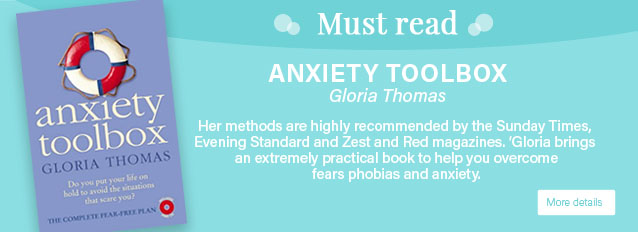THERAPY
How often do you feel like you exude the following qualities; motivation, optimism, enthusiasm, humour, playfulness, sexiness, assertiveness, courage, passion or dynamism?
Your state is the total of your physical, mental and emotional being. People often think that a state is emotional, but there is a physical reality to states of being. For example, if you think about the states of fear, joy, anger or happiness, you could easily label the emotion by the way it affects your physiology. You can easily tell when a person is full of joy and happiness, frightened or angry.
Your mitochondria play a role in the biochemistry of your emotions. Previously, there has been a misconception that your communications, thought processes and emotions all come from the brain as we understand it. However, new evidence is emerging from the world of neuroscience that both your heart and your gut (which are packed with mitochondria and millions of neurons) have nervous systems. They also have communication systems called neurotransmitters. These are the body’s chemical messengers, whose role is to distribute information throughout our whole system. This information determines both our mood and temperament.
These major breakthroughs in understanding show that self-care at a mitochondrial level through optimum nutrition, exercise and breath-work will significantly benefit your mental, emotional and neurological systems. This offers enormous potential for your health and well-being. Also, finding the right psychological method (whether it be coaching, therapy, self –help practices for positive thinking, psychotherapy, hypnotherapy, counselling or thought field therapy) will help with personal growth, self-development and greater emotional balance.

FINDING THE RIGHT PSYCHOLOGICAL HELP
So how do you choose the most suitable psychological method for you and what are the differences between coaching and therapy? The answers lie in looking at the fundamental details of your situation. If you are thinking about improving your performance in a given area, learning skills and strategies to reach your goals with some extra help then coaching is best for you. Coaching is more outward thinking, action based and dynamic and output focused. However, if you are spending a lot of time ruminating or dwelling on the past, or your behaviour is self-sabotaging, or your emotions are eating away at you then therapy would be a better option for you. Treatment is reflective, insightful putting an emphasis on getting to the cause of a problem. Whereas coaching is present and future orientated; Therapy can focus on healing the wounds of the past so that individuals can move forward with life into a brighter sunnier future.
There are some beautiful therapeutic methods. NlP Psychotherapy offers a different approach to understanding the deeper structures of the way you think. It provides various techniques to help you communicate with your unconscious mind where all change takes place. Hypnotherapy is a bit like a speedy psychotherapy, getting to the roots of a problem quickly and easily. Thoughtfield Therapy (my favourite) is a unique energy treatment that helps people gain freedom from destructive emotions by taking the emotional charge out of a given situation. mBraining offers the potential for both a therapeutic approach and coaching using breathing and other communication methods to enable greater emotional balance and alignment between head, heart and gut brains.
